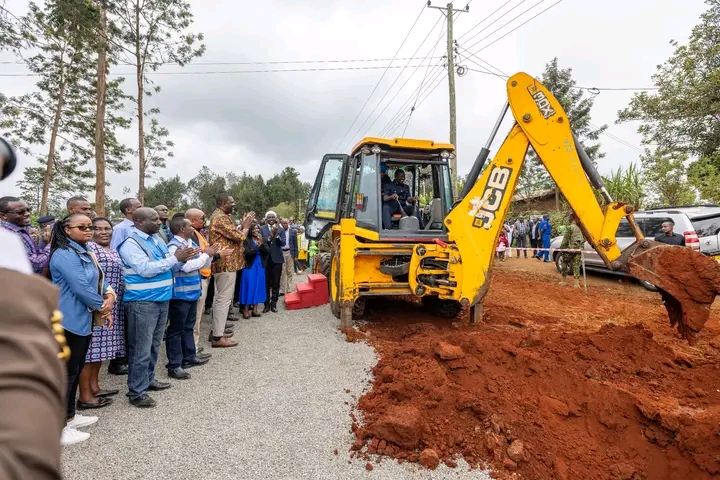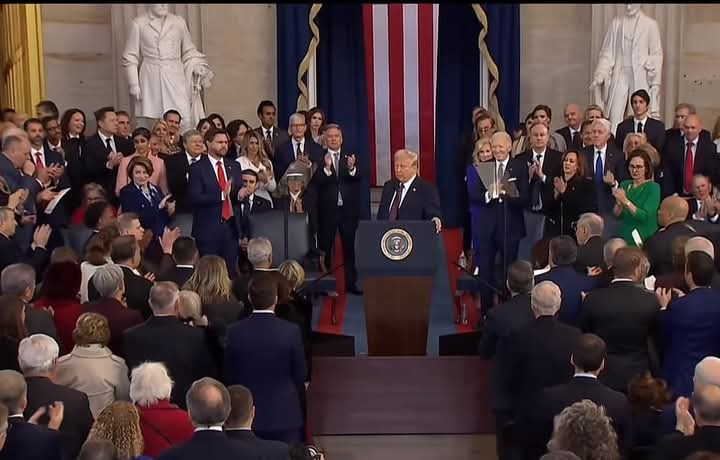
President William Ruto has once again demonstrated his bold move towards national unity and economic transformation.
Speaking at a public gathering in Rukuriri, Embu County, the President emphasized the importance of collective responsibility in addressing the country’s financial challenges.
He has also unveiled his vision for a more inclusive and collaborative approach to governance in Kenya.

Broad-Based Government: President Ruto revealed that he has formed a government designed to unite all Kenyans, transcending political divides.
The President stressed that both debt repayment and revenue collection should be a shared national endeavor.
Ruto who is humorously referred to the nickname “Zakayo” (a biblical tax collector), stated that he shouldn’t be the only one bearing this label.
The President assured that tax revenues are directed to national accounts, not personal ones.
The new inclusive government aims to curb incitement and redirect focus towards national development.
Recent appointments include key opposition figures in Cabinet positions, demonstrating a commitment to unity.
Ruto announced a Ksh500 million investment to connect 5,000 new households in Embu County to electricity.

President Ruto’s statements reflect a shift towards a more collaborative governance model. By inviting all Kenyans to participate in the country’s financial management, he aims to foster a sense of shared responsibility and national unity.
The President’s approach also addresses criticism over recent tax measures, framing them as necessary steps for national development rather than personal initiatives.
His call for everyone to “be Zakayo” is a clever way of distributing the responsibility for tax collection across the nation.
The inclusion of opposition figures in the cabinet further underscores this unity-focused approach. By bringing diverse political voices into the government, Ruto aims to create a more representative and inclusive administration.
The President’s visit to Embu County was coupled with the announcement of significant infrastructure investment, demonstrating government commitments to balance national fiscal responsibility with local development needs.



